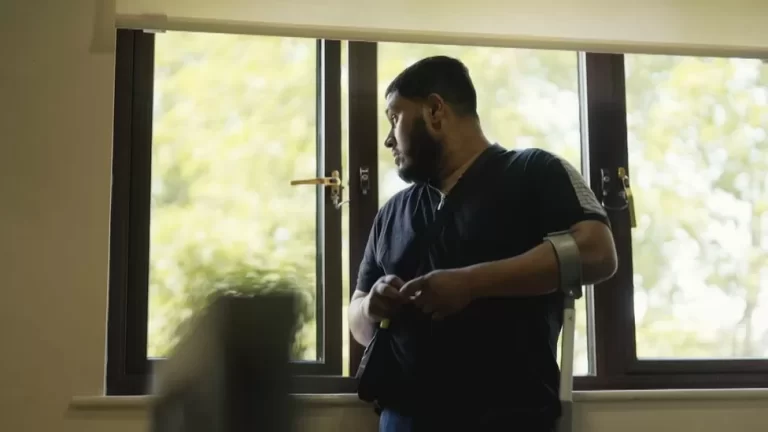Possession of nitrous oxide, also known as NOS, has become a criminal offence in the UK.
Now categorised as a class C drug, possession of laughing gas for its “psychoactive effects” will carry a sentence of up to two years in prison. The government says the ban will combat anti-social behaviour and reduce damage to users' health.
Experts previously warned against a ban saying it would be disproportionate to the level of harm it causes. Nitrous oxide is regularly used as a painkiller in medicine and dentistry. When mixed with oxygen, it is known as “gas and air”, which can help reduce pain during childbirth.
But it is also one of the most commonly used recreational drugs by 16 to 24-year-olds. It causes short-term euphoria but can damage the nervous system. Under the new rules, those found in unlawful possession of the drug could now face a prison sentence or unlimited fine, with up to 14 years for supply or production.
Earlier this year, experts reassessed the risk of nitrous oxide and stopped short of recommending a ban. Toughening the law could have “significant unintended consequences” the Advisory Council on The Misuse of Drugs said, including users not seeking medical help.
But the government decided not to follow the advice, saying it “is entitled and expected to take a broader view and consider other relevant factors.” It cited groups abusing the drug in public spaces, resulting in piles of discarded canisters. There have also been several deaths connected to drug driving incidents.
Birmingham has one of the highest hospital admission rates in the country for damage caused by its misuse. A new BBC Three documentary found users there have moved beyond the small silver capsules of nitrous oxide often found littering gutters in cities, to bigger catering-sized canisters.
One brand, Smartwhip, used legitimately to aerate cream and sauces in restaurants, is being sold surreptitiously to addicts in corner shops. Young men were filmed inflating balloons with NOS in moving cars, to avoid being seen.
“We grew up as Muslims. Any form of intoxication is a no no,” says community worker Naveed Sadiq. He finds hundreds of Smartwhip canisters every week and says NOS use is a particular issue in his community. “It's not like cannabis or alcohol – with this nobody knows, it's untraceable. A little bit of a giggle, and you go back home.”
However, after using NOS heavily for a year, Ali, had to be taken to rehab.
“It ‘freezes' your brain,” he says. “I've blacked out from taking so much nitrous oxide that I've woken up after an hour, two hours.
“You're constantly tired, I wasn't able to eat food, I couldn't shower myself – I had lost all my independence. The five-second buzz is not worth what it's done to my life now.”
Habitual user Halima, not her real name, says nitrous oxide is “one of the most addictive, nastiest things” she has ever come across. She describes being so addicted to the gas that she ended up inhaling “balloon after balloon after balloon”.
“It got to the point where we'd stopped to go get a takeaway or something like that and… I would eat and then hop on the balloon and then eat and then hop on the balloon.” Dr David Nicholl says patients come to him with tingling in their hands or feet, or difficulty walking, after inhaling the gas.
Intensive, frequent use of laughing gas can lead to vitamin B12 deficiency which can cause neurological damage, scientific studies suggest.
Dr Nicholl says this is because when nitrous oxide deprives the body of vitamin B12 the “insulation” around the spinal cord becomes damaged, meaning “the electrical signals don't travel properly down from the brain, through the spinal cord to your nerves.”
Announcing the ban, Crime and Policing Minister Chris Philp said nitrous oxide abuse was dangerous to people's health.
“Today we are sending a clear signal to young people that there are consequences for misusing drugs. Both users and dealers will face the full force of the law for their actions,” he added.
— CutC by bbc.com


